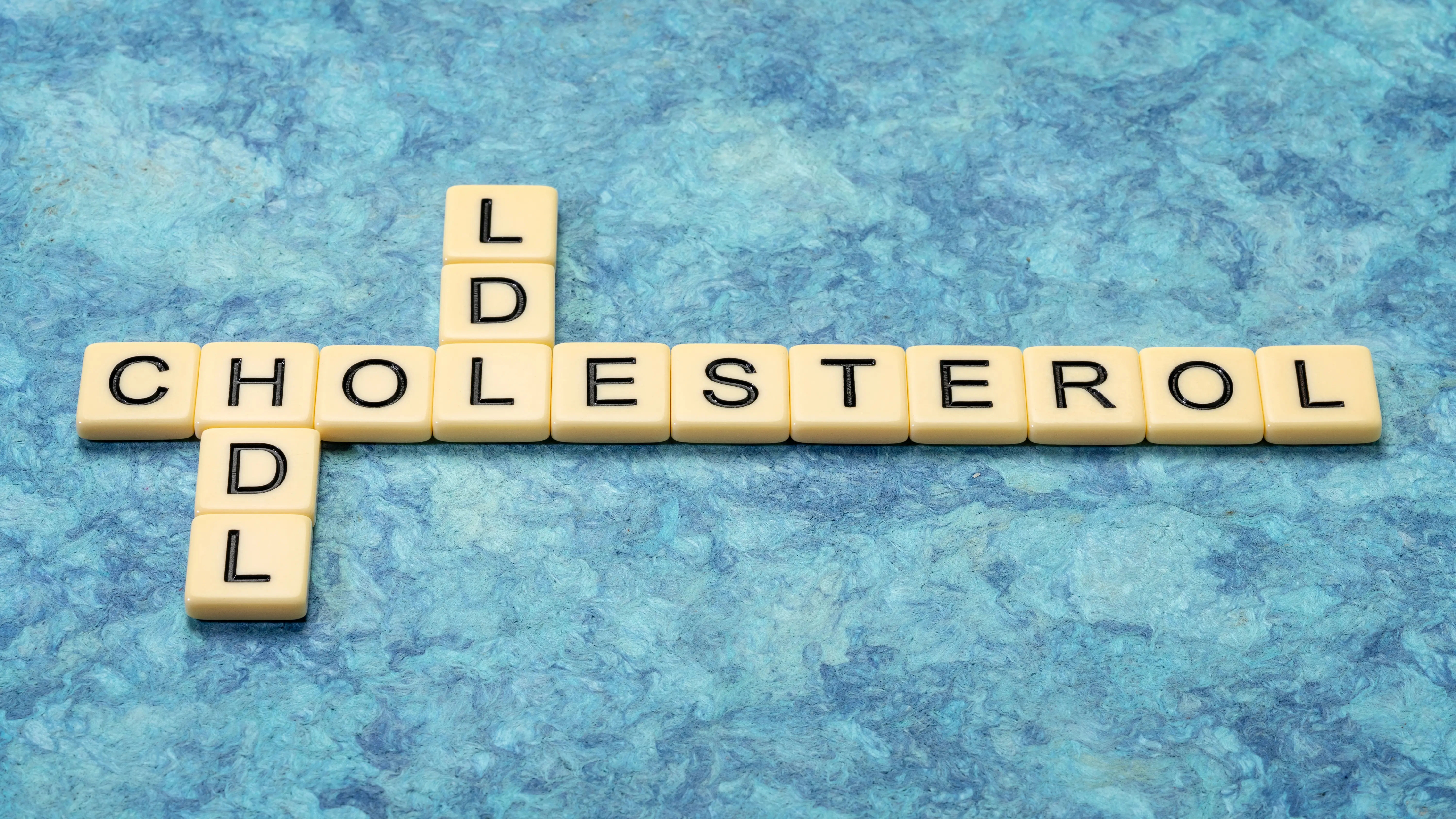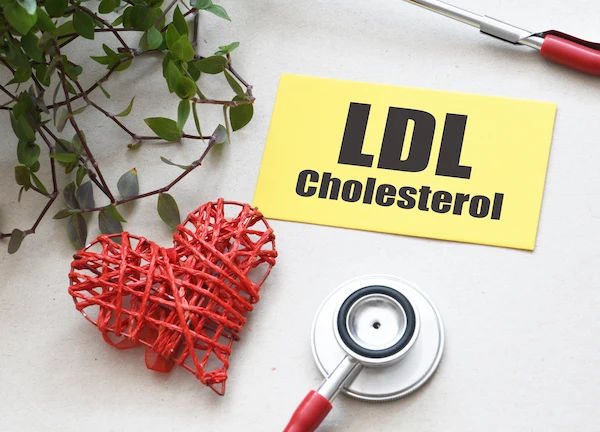- Male
- 29 Years
- 29/01/2025
I'm looking at my 2D echo report and I'm a bit worried about my heart health. It says my mean PAP is 23.18 and PASP is 38mm Hg. There's also something about a peak tricuspid regurgitation velocity of 2.6, and it's noted as mild tricuspid regurgitation. The report mentions my ejection fraction is 60 and that I have good systolic function, with no diastolic dysfunction. I'm just wondering if there's a risk of pulmonary hypertension with these numbers?
Answered by 1 Apollo Doctors
Based on your 2D echo report, with a mean PAP of 23.18 and PASP of 38mm Hg, along with a peak tricuspid regurgitation velocity of 2.6 and mild tricuspid regurgitation, it indicates that there is a possibility of pulmonary hypertension. However, further evaluation and monitoring by a healthcare professional are recommended to determine the severity and appropriate treatment.
Dr. Mubarak Suggests...
Consult a Cardiologist
Answered 04/07/2025
0
0

More Cardiology Health Queries
View allI've been really worried about whether a TMT or an echo is better for checking for blockages. I mean, if I want to make sure nothing's wrong, which test should I go for?
echo is better advised for heart blocks
Answered by 1 Apollo Doctors
I'm a bit concerned about my husband's heart rate. His watch is recording a high pulse rate, sometimes hitting numbers as high as 160, 120, or 150, a few times a day. He doesn't have any symptoms, and his blood pressure is normal. We've done TMT, ECG, and echo tests, and they all came back normal. What could be causing these spikes?
It's good that all the cardiac tests have come back normal. A high pulse rate without any other symptoms can sometimes be due to factors such as stress, anxiety, dehydration, or even certain medications. However, since your husband is not experiencing any symptoms, it may be worth monitoring his pulse rate over a period of time to see if there are any patterns or triggers. In some cases, a high pulse rate can be a sign of an underlying condition such as an overactive thyroid gland or an arrhythmia. If the high pulse rate continues or if there are any other concerning symptoms, further evaluation by a healthcare provider may be necessary. In the meantime, it may be helpful to ensure that your husband stays hydrated, gets adequate rest, and manages stress levels.
Answered by 1 Apollo Doctors
My recent CRP levels came back high, and I'm pretty worried about what that means for my health. Is there a chance this could lead to something like a heart attack or even cancer? I'm not sure what steps I should take next. Could you give me some advice on how to handle this?
Elevated CRP levels can indicate inflammation in the body, but it is not specific to any particular condition such as cardiac arrest or cancer. It is important to consult with a healthcare provider for a proper evaluation and diagnosis. In the meantime, you can consider taking over-the-counter pain relievers such as acetaminophen (Tylenol) to help with any discomfort. Make sure to follow the recommended dosage instructions on the packaging.
Answered by 1 Apollo Doctors
Disclaimer: Answers on Apollo 247 are not intended to replace your doctor advice. Always seek help of a professional doctor in case of an medical emergency or ailment.





